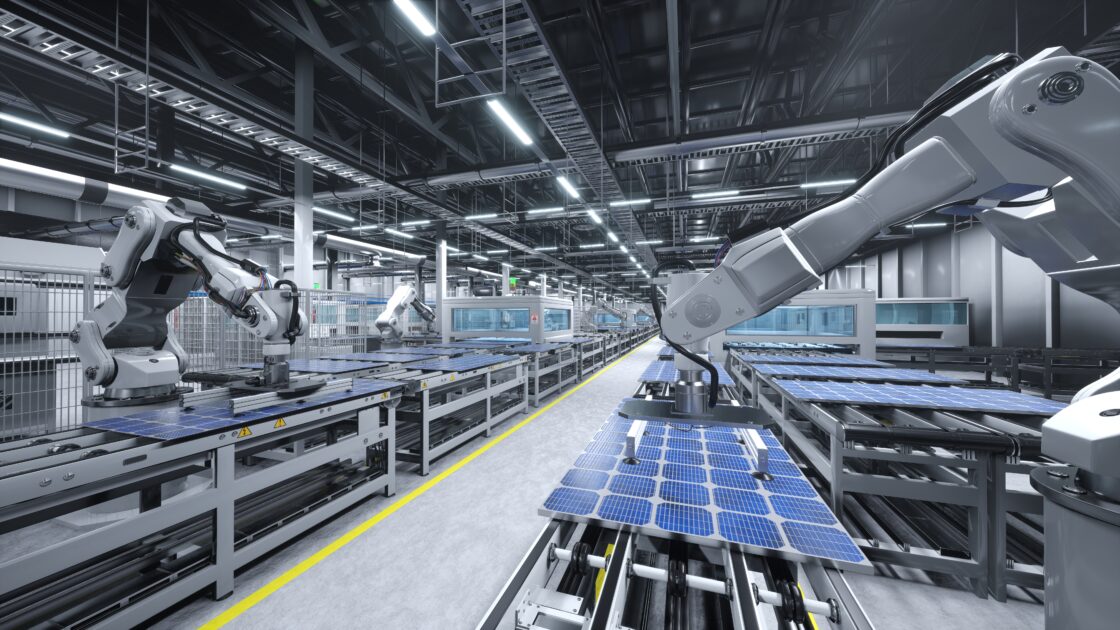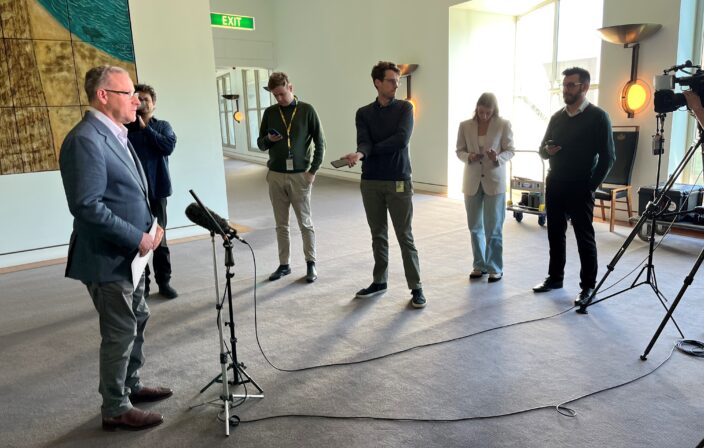Supply challenges in latest ACCI-Westpac Business Survey
19 Sep 2024
|Media Release

Westpac economist Ryan Wells said that manufacturers are finding some pockets of demand amid a tough backdrop for the broader economy and lingering supply-side challenges within the sector.
“The Westpac-ACCI Actual Composite gathered momentum moving into the second half of the year, lifting from 54.6 in June to 56.0 to September.
“Having moved above the breakeven threshold of 50, conditions are beginning to show signs of improving in the manufacturing sector. The September survey reported an ongoing recovery in new orders, a consolidation in output and a bounce in overtime, but a decline in employment.
“Growth in new orders was firmer than expected, with a net 20% of firms reporting a rise in September, following a net 21% in June.
“Output growth was little-changed over the same period however, with a net 14% of firms reporting an increase. Firms are drawing on inventory stocks to meet demand, but in a context where output is less responsive, order backlogs are growing.
“Firms responded to the resilience in new orders via an increase in overtime. The latest survey found a net 11% of firms increased overtime in September, and a net 12% of firms are also looking to increase the size of their workforce over the next three months.
“The Expected Composite was virtually unchanged however, ticking down slightly from 53.0 in June to 52.9 in September, indicating firms expect demand conditions to improve at a modest pace. Partially offsetting this, supply-side issues remain a key concern of manufacturers.
“The survey finds that cost pressures facing manufacturers remain acute and incredibly volatile. In September, a net 51% of firms reported a rise in average unit costs. That is well above the average net 19% that reported an increase over the ten years prior to the onset of the pandemic.
“Manufacturers have little scope to pass on rising costs to consumers. The net 26% of manufacturers reporting a rise in prices remains well below the net proportion of those reporting an increase in costs, implying some degree of ongoing margin squeeze in the sector.
“Additionally, a net 13.1% of respondents indicated that labour was more difficult to find in September. That is consistent with the evidence on the relative factor limitations to production, which find that both ‘labour’, and also ‘materials’, are still seen as a much larger constraint on output compared to pre-pandemic norms.
“The mood of manufacturers about the general business outlook for the next six months improved but remains deeply pessimistic. Those expecting a deterioration outnumber those expecting an improvement by a net 35% in September compared to a net 42% in June.
“Having faced persistent headwinds around labour availability and cost pressures, manufacturers are developing a clear appetite for capacity expansion.
“The latest survey found that investment intentions forged ahead to a historic high, dating back to 1966, with a net 36% and 22% of respondents intending to increase investment spending on equipment and buildings respectively, over the next twelve months.
ACCI chief executive officer Andrew McKellar said the survey highlights once again the challenges and costs of doing business.
“While manufacturers may be experiencing pockets of opportunity, the growth in new orders is modest,” Mr McKellar said.
“On just about every category which makes up the index, results are still well down on pre-pandemic levels.
Mr McKellar said the data also corresponds with recent results from the national accounts.
“Persistent and sticky inflation continues to elevate the cost of doing business.
“Manufactures are experiencing further increases in input and labour costs but have limited ability to pass on these costs through higher selling prices, so profit margins continue to be squeezed.”
Mr McKellar said more needs to be done to bring down inflation to reduce the pressure on business.
“Fiscal policy at both the state and federal level must work in tandem with monetary policy to ensure inflation is brought down in a reasonable timeframe.
Mr McKellar also said recent changes to workplace laws and the additional regulation those changes bring are impacting productivity.
“There needs to be a greater focus on lifting productivity.
“This should include re-examining the recent changes to industrial relations that have made workplaces less flexible and taken us back to the 1980s.
“There also needs to be a discussion around reforming the tax system to make it fitter for purpose and reducing red tape which is strangling business.”


